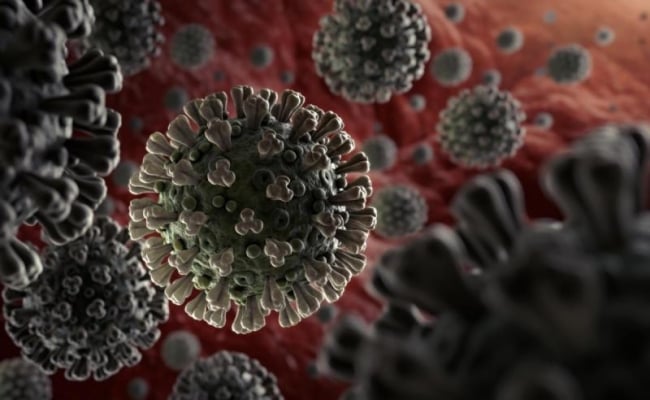You have /5 articles left.
Sign up for a free account or log in.

Istockphoto.com/FPM
What day is it again? That’s right, Monday!
As you gear up for another workweek from home, why not consider whipping up some tasty Dalgona coffee?
This chilled beverage went viral (not that kind) last week and is super simple to make. All you need is a whisk and some coffee, sugar and milk.
Give it a try and sip as you skim the rest of this newsletter. We’ll wait.
Here’s the tea on what’s in the news.
The National Governors Association wrote to the U.S. Department of Education on Friday, asking the department to distribute the $30 billion in education funds from the federal stimulus bill as quickly as possible and with few restrictions on how the money should be spent. Higher education institutions are slated to receive $14 billion.
Fearing a loss of liquidity, the University of Alabama system secured $250 million in credit from two banks last week. Other institutions likely will try to follow suit, as reports rise of institutions facing vast financial losses. In Texas, for example, plummeting oil prices are projected to cost public university systems at least $300 million.
A survey conducted by the American Association for Collegiate Registrars and Admissions Officers reveals 81 percent of institutions have moved instruction entirely online. Many institutions are giving students the option of changing their courses to pass/fail grading.
The shift to remote instruction has resulted in a surge in learning management system and synchronous video tool usage, consultant Phil Hill writes in his blog, Phil on Ed Tech. Hill predicts many instructors will shift toward asynchronous instruction as they start to realize the limitations of live videoconferencing.
In related news, reports of Zoombombing incidents picked up pace last week. A petition to prevent racially motivated cyberattacks on Zoom gained more than 30,000 signatures, and the FBI advised victims of videoconference hijacking to report it as a cybercrime. Zoom’s CEO published an apology in response to a string of articles criticizing the safety and security of the platform.
A quick roundup of the latest stories from Inside Higher Ed:
When the State Department suspended Fulbright grants last month, many recipients returned to the U.S. with no jobs, housing or health insurance, writes Elizabeth Redden.
Kery Murakami reports that free college proposals floated by presidential candidates Bernie Sanders and Joe Biden could be scaled back as a result of the COVID-19 pandemic.
And Madeline St. Amour takes a deep dive into how faculty are adapting to serve a shifting student population, and what college leaders can do to support them.
What we’re reading elsewhere:
College classes delivered through videoconference calls are giving many students a glimpse into each other’s homes for the first time, highlighting stark inequalities, The New York Times reports.
Juggling academic life and potty training a toddler has been hit and miss (literally) for this academic couple, who wrote about their working-from-home experience for Times Higher Education.
Being a teenager is hard. Being a teenager during a pandemic is harder, writes Julia Finke, a high school senior from Virginia, for The Hechinger Report.
Percolating Thoughts
The Centers for Disease Control and Prevention is now recommending that everyone cover their face when heading outside. There are a plethora of videos describing how to make your own protective gear. But if you don't want to go the DIY route, CQ reports that you can buy ornamental face masks from cool streetwear brands for just a few hundred dollars! Safety, but make it fashion.
In more dystopian news, politicians and scientists in Italy are discussing whether coronavirus antibody testing could be used to determine who should return to work and who should stay at home now that new COVID-19 cases in the country have plateaued.
On the bright side, life in our brave new world might have some perks, writes blogger Tim Denning. Academic and writer Roxane Gay also touches on this idea in her Notes on Power in a Pandemic.
“Most of us are wondering when life will get back to normal but normal is what brought us to such a precarious place,” writes Gay. “Nothing should ever be the same again and while that is an unnerving prospect, it may also be our saving grace.”
Feel free to tell us what you’re discussing at the virtual water cooler in the comments below.
We'll keep bringing you the news you need during this turbulent time. Send us your questions and story ideas. We'll get through this together.




